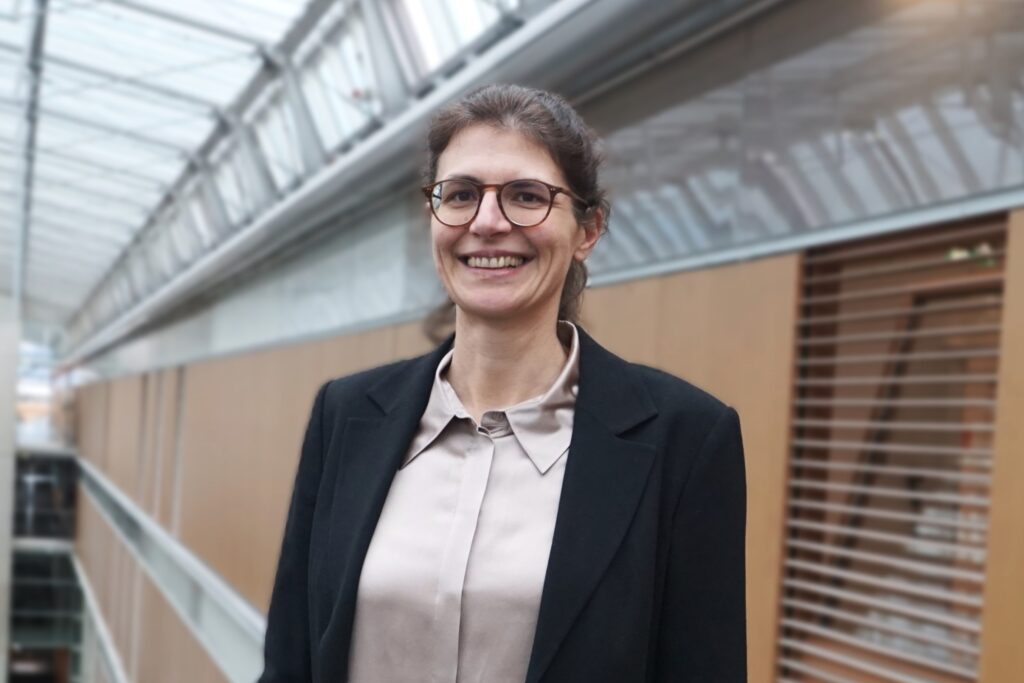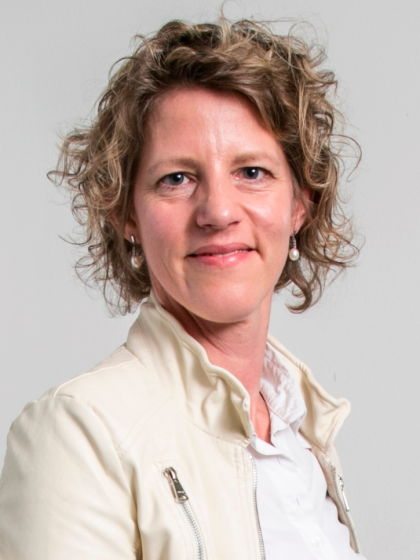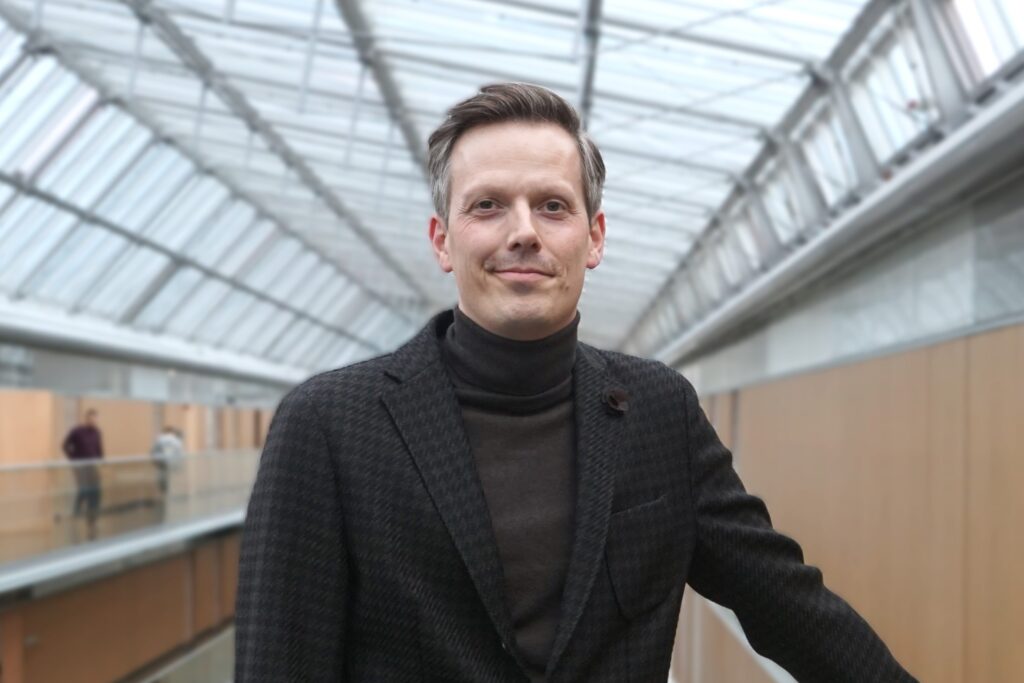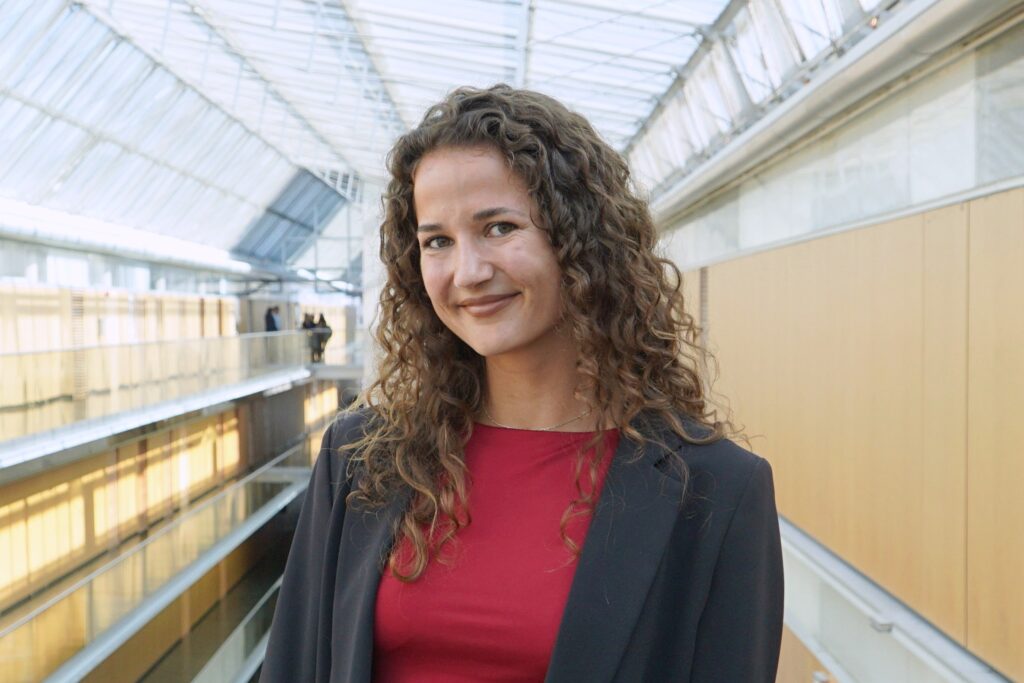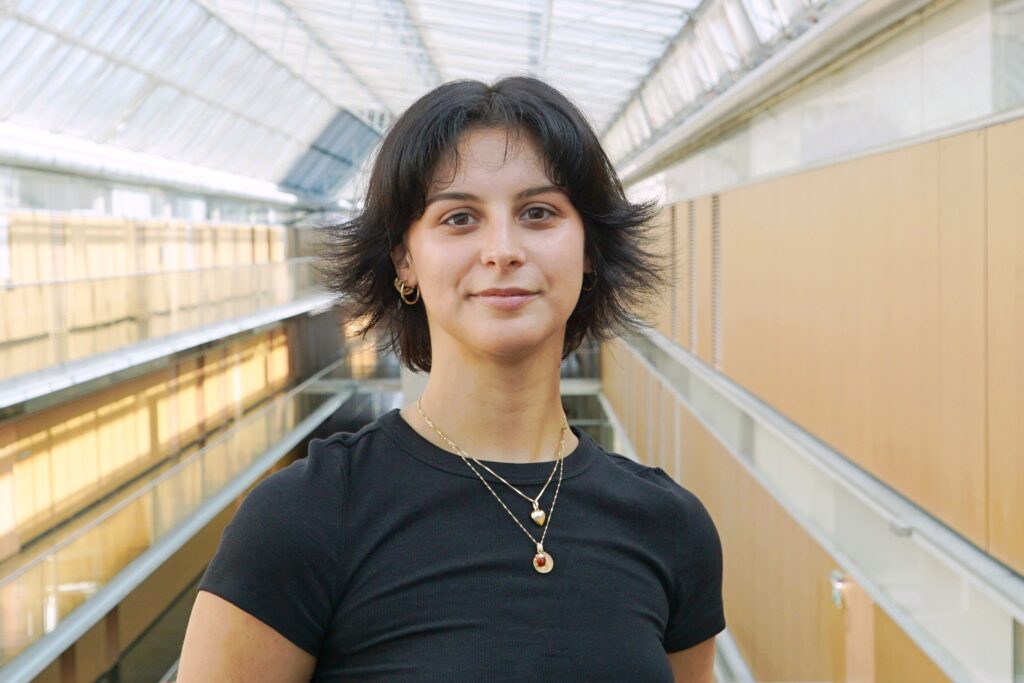Our Mission
We aim to uncover the intention-behaviour gap in sustainable consumption, delivering robust and reproducible findings to drive meaningful change.
Big team science tackles variability in sustainable consumer behavior research.
Highlight inconsistencies regarding the intention-behaviour gap in sustainable consumption.
Explore how social dynamics influence the production of scientific results.
Ensuring fairness with a strict multiple-blind process and co-authorship credit.
Call for Participation
Call Open
Headline
Change the color to match your brand or vision, add your logo, choose the perfect layout, modify menu settings and more. Change the color to match your brand or vision, add your logo, choose the perfect layout, modify menu settings and more.
The goal of this project is to provide reproducible and robust findings on the ‘green’ intention–behavior gap, a phenomenon emanating when intentions translate only to a limited extent into actual sustainable consumer behavior (Frank & Brock, 2018). Up to now, researchers have attributed discrepancies in the ‘green gap’ to theoretical or methodological inconsistencies (Morwitz & Munz, 2021; Sheeran, 2002). We aim to shed light on the magnitude of the ‘green’ gap by (1) investigating the variability of results when multiple research teams analyze the same large-scale data set and by (2) investigating social processes shaping the production of scientific results.
The replicability crisis has shaken trust in scientific findings across many fields (Auspurg & Brüderl, 2021; Malich & Rehmann-Sutter, 2022; Peterson & Panofsky, 2023). Big team science offers a fresh way to tackle this by systematically examining how research decisions—those „degrees of freedom“ researchers use in designing, analyzing, and reporting studies—impact results (Wicherts et al., 2016). It’s all about bringing transparency and reliability to the forefront of research.
The marketing discipline has yet to fully embrace the potential of metascience research to enhance the reproducibility and robustness of its findings. By combining quantitative analysis with qualitative insights, we can uncover hidden factors that often get overlooked and explain why results vary. This comprehensive approach not only strengthens the foundation of marketing science but also sparks new ideas and more impactful advancements.
To participate in our project, teams must meet the following criteria:
- At least one team member needs a master’s degree in business administration, psychology, or a related field.
- There should be a minimum of two and a maximum of three researchers per team.
- Each researcher can only be a member of one team.
- Each team nominates one member to conduct an ethnographic diary study of the research process.
Importantly, we apply a multiple-blind procedure. This indicates that researchers from the analysis teams and the investigators from this project are not allowed to disclose any information on their part to any other researcher until all analysis teams have submitted their analyses and the project has closed.
All participating researchers who submit results in alignment with instructions will be listed as co-authors on the initial paper.
01. Your Task
This theme does everything you could possibly want it to do and, it is beautifully designed.
02. Our Part
This theme does everything you could possibly want it to do and, it is beautifully designed.
03. Incentives
This theme does everything you could possibly want it to do and, it is beautifully designed.
04. Requirements
This theme does everything you could possibly want it to do and, it is beautifully designed.
Timeline
Register as research team, enter your credentials and receive detailed information about your task.
The coordination team analyzes the data and prepares the journal publication.
FAQ
Get answers to our most commonly asked questions.
General
Q: Who can take part in the project?
A: We aim to get the research community involved in this project. Therefore, we require that at least one member of each research team has an active affiliation with a research institution or has already obtained a doctorate degree.
Q: What is a research team?
A: A research team consists of one or two researchers who want to contribute an algorithm to the project.
Q: What are my duties as a research team?
A: Your task is to develop a total of four algorithms (they can be identical) which aggregate predictions in four different domains and yield an aggregated prediction value as a result. You will also need to review a few other teams’ submissions and answer some questionnaires.
Q: Do I need to have programming skills to participate?
A: Yes, each team submits fully programmed algorithms in R or Python. See the section on algorithm development.
Q: How do you determine the winner of the competition?
A: We determine the most accurate prediction algorithm in each domain as follows: We apply the algorithm to each question of each run of each wave of data collection. For each one, we determine the absolute deviation from the respective true values. Then, we take the mean of the 128 (4 questions X 8 runs X 4 waves) absolute deviations. In each domain, the team that submitted the algorithm with the lowest mean absolute deviation wins.
Q: Did an ethics review board evaluate this project?
A: Yes, we had the review board of the University of Innsbruck review and approve the project (ref: 78/2023).
Q: Whom can I contact if I have concerns, questions, or comments?
A: Please email us at email@woccap.com or contact the project coordinators directly.
Coordinators
The Green Gap Project is coordinated by a team of researchers from the University of Innsbruck.
Registration
Sign up as a research team and join our open science project.
Each member of your research team needs to register separately. To identify you as a team, please provide us with a consistent team name.
Privacy | Terms of Use


